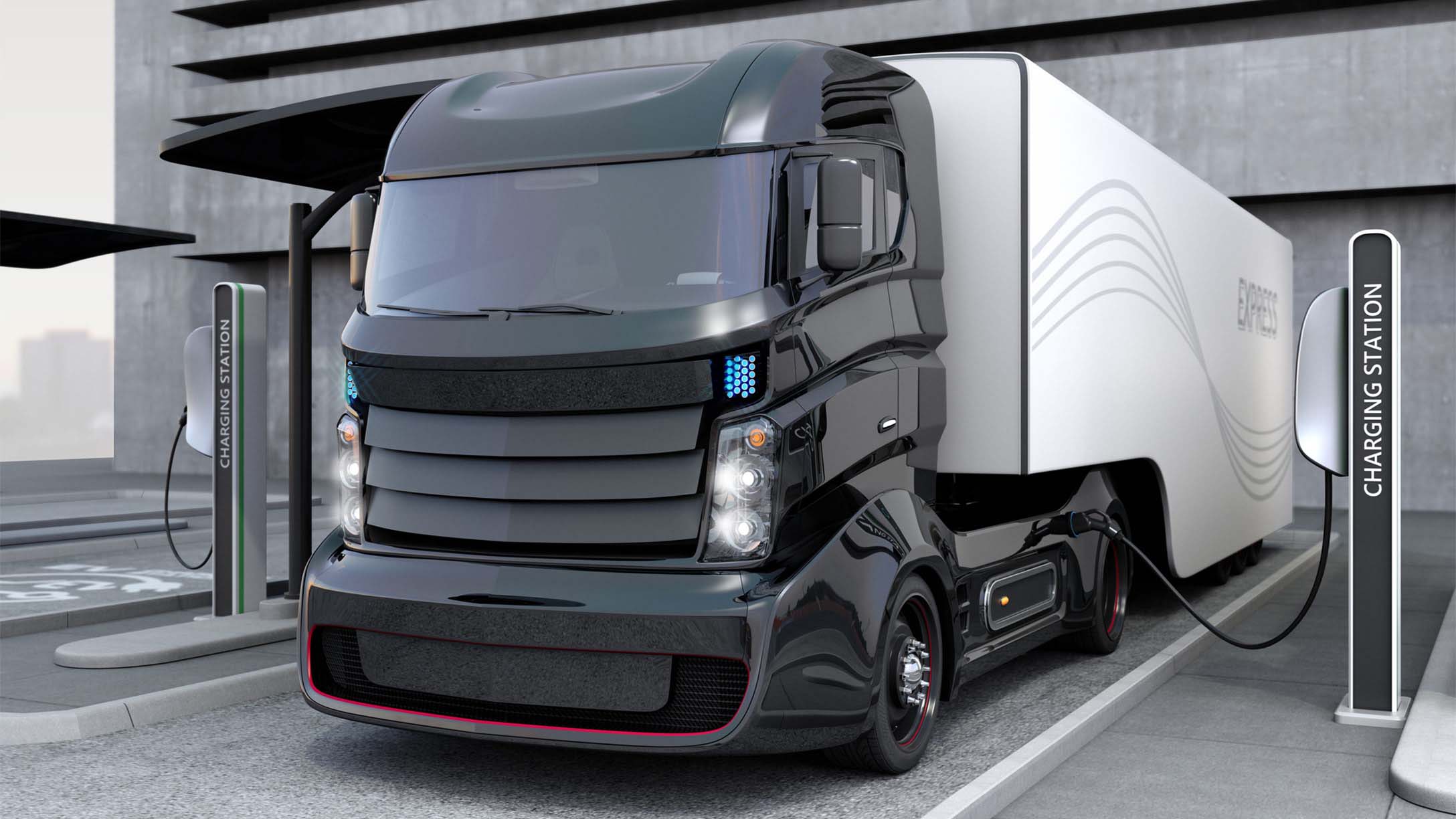The logistics and transportation industry is undergoing a significant transformation as companies embrace electric vehicles (EVs) to reduce emissions, improve operational efficiency, and contribute to a sustainable future. As this shift to electric gains momentum, the need for efficient management of EV charging infrastructure becomes crucial. In this article, we will discuss the growing trend of logistics and transportation companies adopting electric vehicles and how GridFlow’s solutions support this transition by effectively managing their charging infrastructure.
- Embracing Electric: A Sustainable Solution: Logistics and transportation companies are increasingly recognizing the environmental and economic benefits of electric vehicles. EVs offer reduced greenhouse gas emissions, lower operational costs, and access to various incentives and subsidies. By transitioning to electric, these companies can align their operations with sustainability goals and contribute to a greener transportation ecosystem.
- Efficient Charging Infrastructure Management: GridFlow’s solutions play a pivotal role in supporting logistics and transportation companies during their transition to electric. With a comprehensive software suite, GridFlow enables companies to efficiently manage their charging infrastructure. Real-time monitoring, status updates, and usage analytics provide valuable insights into charging station performance and usage patterns, enabling companies to optimize their charging infrastructure and minimize downtime.
- Predictive Maintenance and Performance Optimization: Maintaining a reliable and efficient charging infrastructure is vital for logistics and transportation companies. GridFlow’s solutions incorporate predictive maintenance systems that proactively identify potential malfunctions, enabling companies to take preemptive measures and ensure smooth operations. By optimizing charging station performance, GridFlow helps logistics and transportation companies maintain high service levels and minimize disruptions.
- Dynamic Pricing and Billing: GridFlow’s solutions also include dynamic pricing and billing features that cater specifically to the needs of logistics and transportation companies. Time-of-use pricing and custom pricing options for different user groups allow companies to manage their charging costs effectively. This flexibility helps optimize operational expenses while ensuring fair pricing for all users.
- Seamless User Experience and Fleet Management: GridFlow’s user-centric mobile application enhances the charging experience for drivers and fleet operators. EV drivers can locate nearby charging stations, check availability, reserve charging slots, and make payments seamlessly. Fleet operators can efficiently manage and track their EV fleets, ensuring optimized charging schedules and maximizing fleet utilization. GridFlow’s solutions simplify fleet management, reducing administrative burden and improving operational efficiency.
The logistics and transportation industry’s shift to electric vehicles represents a significant step towards sustainable transportation solutions. As companies embrace electric, the efficient management of charging infrastructure becomes paramount. GridFlow’s solutions play a crucial role in supporting logistics and transportation companies during this transition by effectively managing their charging infrastructure. With real-time monitoring, predictive maintenance, dynamic pricing, and a user-centric mobile application, GridFlow enables seamless charging experiences, fleet management optimization, and cost-effective operations. By leveraging GridFlow’s innovative solutions, logistics and transportation companies can navigate the electrification journey with confidence and contribute to a greener and more sustainable future.

